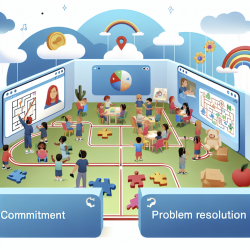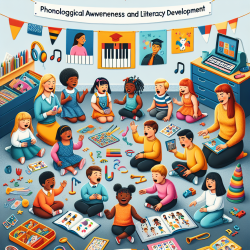Introduction
In recent years, the survival rates for individuals with complex congenital heart disease (CHD) have significantly improved, leading to a growing adult population living with this condition. However, these individuals often face cognitive and psychosocial challenges that can impact their quality of life. A recent study titled Cognitive Functioning and Psychosocial Outcomes in Adults with Complex Congenital Heart Disease: A Cross-sectional Pilot Study provides valuable insights into these challenges and offers guidance for practitioners aiming to improve patient outcomes.
Key Findings from the Study
The study involved 39 adults with complex CHD, who underwent cognitive assessments and completed psychosocial scales. The results revealed that:
- 29% of participants experienced cognitive dysfunction in attention, 25% in working memory, and 21% in psychomotor speed.
- Psychological distress, including symptoms of depression, anxiety, and stress, was reported by 64% of participants.
- Resilience was found to be a protective factor, associated with lower psychological distress and higher health-related quality of life (HRQOL).
- Socioeconomic status was a significant factor, with lower income linked to poorer cognitive functioning.
Implications for Practitioners
These findings highlight the importance of comprehensive cognitive evaluations for adults with complex CHD. Practitioners can enhance their skills and patient outcomes by:
- Incorporating routine cognitive assessments into the care plan for adults with CHD to identify and address cognitive challenges early.
- Focusing on building resilience in patients through targeted interventions, which can help mitigate psychological distress and improve HRQOL.
- Being aware of the socioeconomic factors that may impact cognitive health and advocating for resources to support disadvantaged patients.
Encouraging Further Research
While this study provides valuable insights, further research is needed to explore the complex interplay between cognitive functioning, psychosocial outcomes, and socioeconomic factors in adults with CHD. Practitioners are encouraged to contribute to this growing body of research to develop more effective intervention strategies.
To read the original research paper, please follow this link: Cognitive Functioning and Psychosocial Outcomes in Adults with Complex Congenital Heart Disease: A Cross-sectional Pilot Study.










